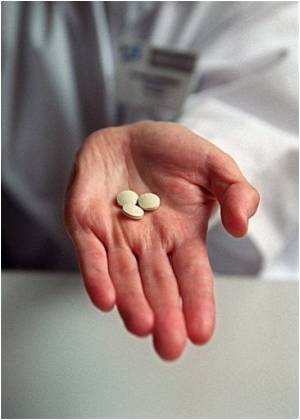
The study showed that darbepoetin alpha works no better than a placebo for improving cardiovascular and kidney outcomes, but it did lower the risk for blood transfusion and resulted in modest improvement in patient-reported outcomes among people with diabetes, kidney disease and anemia.
However, people receiving darbepoetin alpha had nearly a twofold higher risk for stroke. Cancer deaths were also higher among people receiving the drug.
The study included 4,038 participants, all of whom had type 2 diabetes, anemia and kidney damage, although not enough to require dialysis. Of these, 1,872 received injections of the drug, and 1,889 received placebo injections.
Participants receiving darbepoetin alpha also received periodic subcutaneous injections of the drug with the aim of increasing their levels of hemoglobin to a level of 13 grams per deciliter.
In analyzing the results, the researchers found that the participants who had poor initial responses to the drug had a higher rate of death, heart attack, stroke or heart failure.
Advertisement
The findings appeared in the New England Journal of Medicine.
Advertisement















